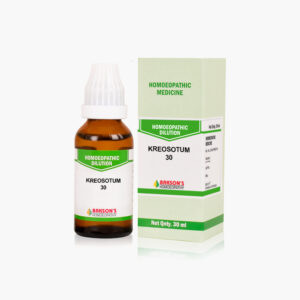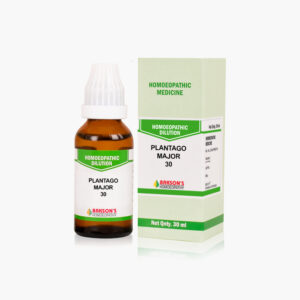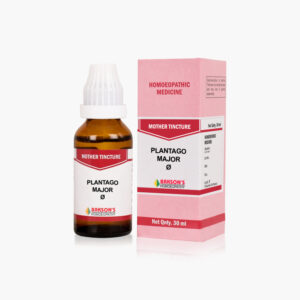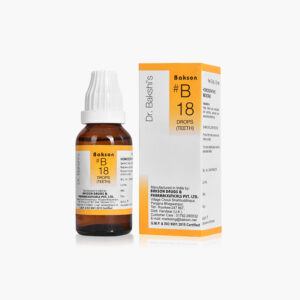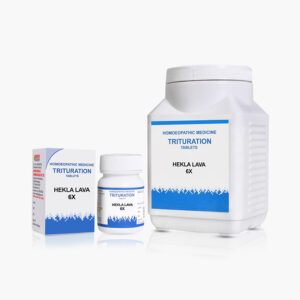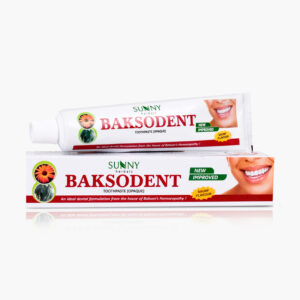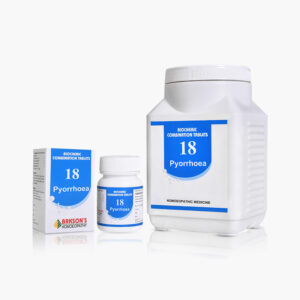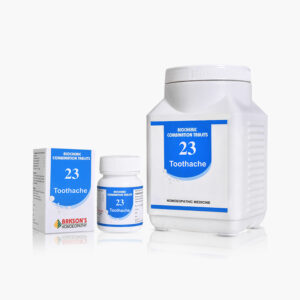What is Dental abscess?
Dental abscesses or periapical infections typically arise secondary to dental caries, trauma, or failed dental root canal treatment. The different types of dental abscesses depend on location. The three most common types are:
- Periapical abscess is an abscess at the tip of a tooth’s root.
- Periodontal abscess is an abscess on the gum next to the root of a tooth. It might also spread to the surrounding tissue and bone.
- Gingival abscess is an abscess on the gums.
Causes
The most common causes of dental abscess –
- Dental caries, trauma, or failed dental root canal treatment.
- Partially erupted tooth, most commonly a wisdom tooth.
- Genetic causes such as amelogenesis imperfecta that predispose individuals to weakened enamel, more susceptible to wear.
- Mechanical causes – tooth grinding breaks down tooth enamel.
- Medical conditions like Sjogren syndrome.
- Chemical irritants such as smoke from methamphetamine, immunosuppression arising from chemotherapy, or chronic immunosuppressive medical conditions can predispose individuals to dental caries.
Signs and Symptoms
There is severe localized pain with palpation, facial erythema, trismus, dysphagia, fever, lymphadenopathy. Signs that should illicit concern are altered mental status, dyspnea. The infected tooth is discolored, has visual breaks in the enamel, or is surrounded by gingival erythema and swelling.
Diagnosis
Imaging techniques like an x-ray of the head and neck and complete blood cell count are usually advised.
Management
Treatment for an abscessed tooth focuses on clearing up the infection and relieving pain. Depending on the type and severity of your abscess, treatment options include:
- Draining the abscess.
- A root canal procedure.
- Tooth extraction.
- Removal of foreign objects.
Treatment
Warning: Above information provided is an overview of the disease, we strongly recommend a doctor’s consultation to prevent further advancement of disease and/or development of complications.
Disclaimer: The information provided herein on request, is not to be taken as a replacement for medical advice or diagnosis or treatment of any medical condition. DO NOT SELF MEDICATE. PLEASE CONSULT YOUR PHYSICIAN FOR PROPER DIAGNOSIS AND PRESCRIPTION.



 Login
Login

